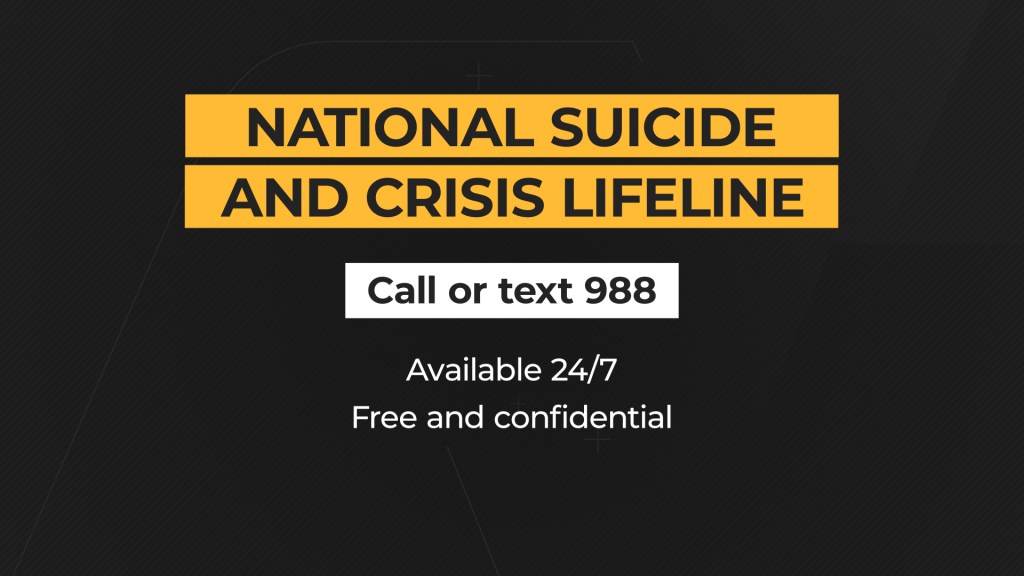The Department of Veterans Affairs is funding the department’s very first study on the use of psychedelics to treat post-traumatic stress disorder, or PTSD. This comes after a Food and Drug Administration panel said in June it won’t recommend the use of MDMA-assisted therapy as a treatment for PTSD in veterans.
The FDA panel said there’s no proof the benefits of using psychedelics to treat PTSD outweigh the risks. Despite the panel, the VA has set aside $1.5 million to see if that’s true.
VA researchers affiliated with Brown University and Yale University are leading the study. The study will see how MDMA-assisted therapy works for veterans with PTSD and alcohol use disorder.
MDMA, more commonly known as ecstasy or Molly, is often used as a party drug. Researchers believe the psychedelic compound can increase emotional openness, reduce fear and promote introspection during therapy.
At random, some participants will receive an active placebo, which will be a lower dose of the psychedelic.
The study is spurred by anecdotal evidence from veterans who turn to psychedelic therapy when traditional treatments for combat-related mental health issues don’t work for them.
A New York Times article published this week followed a group of American special operations veterans as they crossed the border into Mexico seeking treatment at a psychedelic clinic.
For years, people viewed these relatively obscure clinics as a last resort for treating drug addiction. However, more and more veterans have been turning to the unorthodox method of treatment.
According to the Times, no one tracks how many veterans turn to these clinics for help. Clinic owners estimate they see thousands of Americans every year, and that number is increasing.
The owners say some active-duty troops have even made the trek for treatment, even though it risks a court-martial.
The drug of choice for most psychedelic clinics in Mexico isn’t MDMA but ibogaine, an extract made from the bark of an African shrub.
While MDMA induces a sense of connectedness and emotional communion, ibogaine is among a group of psychedelics that create altered perceptual states. LSD and psilocybin are also among this group of drugs.
Despite the drugs’ differences, experts say MDMA and ibogaine both create neuroplasticity. Scientists say this allows the brain to heal damaged neural circuits. Imaging shows neural circuits can be shriveled up in patients with addiction, depression and PTSD.
However, unlike MDMA, an ibogaine trip isn’t pleasant. The drug usually makes people physically ill.
Also, unlike MDMA-assisted therapy, psychedelic clinics typically administer ibogaine in a single dose and then follow it the next day with a dose of the poison of the Sonoran Desert toad.
That poison, nicknamed “the god molecule,” is a powerful short-acting psychedelic. It tends to give users an overwhelming feeling of spiritual connection. In most cases, the patient uses each substance just once and participates in psychotherapy before and afterward.
The VA’s study is on track to begin enrollment by September 2025 and the $1.5 million grant will spread over five years. In the meantime, the VA strongly discourages self-medicating with psychedelics or any other unprescribed substances.
